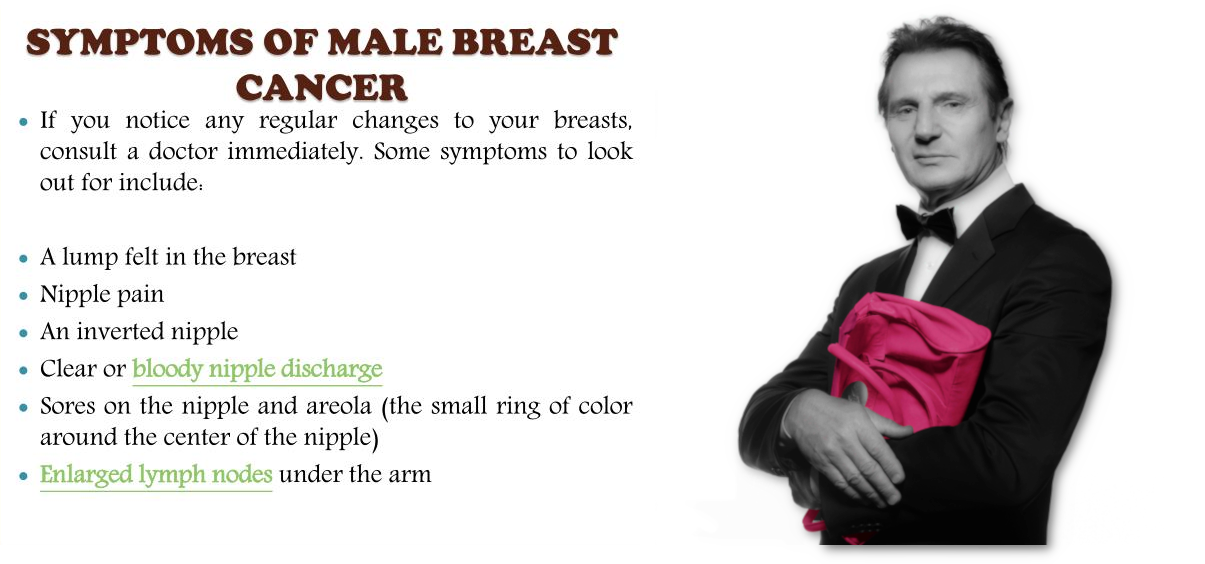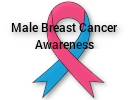DETECTION: Signs & Symptoms
Early detection: signs & symptoms, is the key to surviving breast cancer. Breast cancer is more treatable if caught in the first stages. The following are common signs and symptoms of breast cancer:
- A lump or thickening in the breast (often painless)
- Skin dimpling or puckering
- Development of a new retraction or indentation in the nipple
- Redness or scaling of the nipple or breast skin
- A spontaneous clear or bloody discharge from the nipple
Most breast lumps are non-cancerous, but any lumps should be checked by a doctor. Additionally, other signs of breast cancer should be evaluated by a doctor as soon as possible.
RISK FACTORS

A risk factor is anything that makes it more likely you will get a particular disease. But, not all risk factors are created equal. Some risk factors, such as your age, sex and family history, can’t be changed; other factors are controllable, including smoking and a poor diet, meaning they are personal choices over which you have some control.
Having one or even several risk factors doesn’t necessarily mean you’ll get breast cancer. Some men with more than one risk factor never get breast cancer, whereas others with no risk factors do.
Factors that may make you more susceptible to male breast cancer include:
- Age. Breast cancer is most commonly diagnosed in men between the ages of 60 and 70, with the average age being 67.
- Family history. If a close relative, such as a mother or sister, has breast cancer, then there is a greater chance of also developing the disease. About one in five men with breast cancer have a relative who’s had it too. Just because you have a family history of breast cancer doesn’t mean it’s hereditary, though.
- Genetic predisposition. In men, between five percent and 10 percent of breast cancers are inherited. Defects in one of several genes, especially BRCA2 — and if you’re Jewish, BRCA1 — put you at greater risk of developing breast and prostate cancers. Usually these genes help prevent cancer by making proteins that keep cells from growing abnormally. But if they have a mutation, the genes aren’t as effective at protecting you from cancer. Men with a BRCA2 mutation have a 7 percent lifetime risk of breast cancer — about 100 times more than other men. Inherited mutations in the CHEK-2 gene and the p53 tumor suppressor gene also make it more likely that you’ll develop breast cancer.
- Radiation exposure. If you received radiation treatments to your chest as a child or young adult, you’re more likely to develop breast cancer later in life.
- Klinefelter syndrome. This condition results from a congenital abnormality of the sex chromosomes, X and Y. A male normally has only one X and one Y chromosome. In Klinefelter’s syndrome, two or more X chromosomes are present in addition to one Y chromosome. The Y chromosome contains the genetic material that determines the sex of a child and related development. The extra X chromosome that occurs in Klinefelter’s syndrome causes abnormal development of the testicles. As a result, men with this syndrome produce lower levels of certain male hormones – androgens – and more female hormones – estrogens, which can cause noncancerous breast growth (gynecomastia). Men with this condition may be at greater risk of breast cancer, though this connection is still unclear.
- Exposure to estrogen. If you take estrogen-related drugs, such as those used as part of a sex change procedure, you have a much higher risk of breast cancer. Estrogen drugs also may be used in hormone therapy for prostate cancer. Such drugs may slightly increase your risk of breast cancer. However, the risk is small and wouldn’t outweigh the benefit of treating prostate cancer.
- Liver disease. If you have liver disease, such as cirrhosis of the liver, your body’s androgen activity may be reduced and its estrogen activity greater. This can increase your risk of gynecomastia and breast cancer.
- Excess weight. Obesity may be a risk factor for breast cancer in men, because it increases the number of fat cells in the body. Fat cells convert androgens into estrogen, increasing the amount of estrogen in your body and, therefore, your risk of breast cancer.
- Excessive use of alcohol. If you drink heavy amounts of alcohol, you have a greater risk of breast cancer.
Information provided by the Mayo Clinic.

